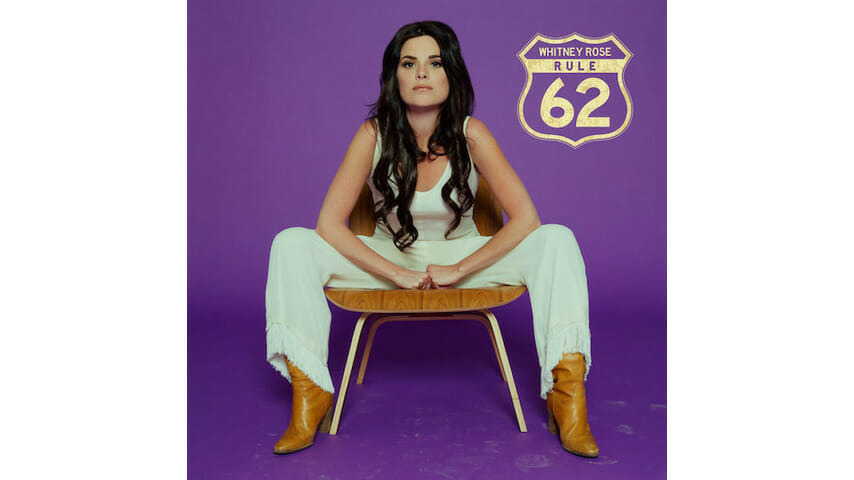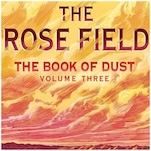Whitney Rose: Rule 62

Listen up, Mr. Trump. If you need to be convinced that immigrants can contribute significantly to these United States—and apparently you still do—look no further than the example of singer/songwriter Whitney Rose. A Canadian expatriate who settled in Austin to find her footing in the clubs and venues of that hallowed city, she’s sharpened her skills and her mind set, making music that emulates the sounds generally associated with barrooms and honky-tonks, as opposed to the environs associated with the outer banks of Prince Edward Island where she came of age.
-

-

-

-

-

-

-

-

-

-

-

-

-

-

-

-

-

-

-

-

-

-

-

-

-

-

-

-

-

-

-

-

-

-

-

-

-

-

-

-








































